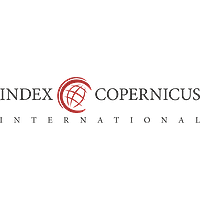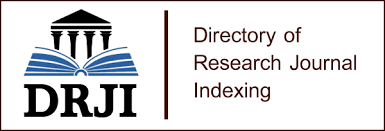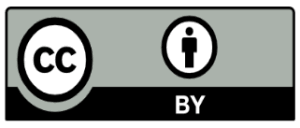CONTRABAND POLICING IN SOUTH AFRICA: AN EVALUATIVE STUDY
Abstract
South Africa forms part of the global village and is not indemnified against the contraband menace. These substandard goods pose physical and health risks to consumers. Despite comprehensive legislation that prohibits the trade in contraband goods, the crime still continues. This study explored ways in which policing of contraband goods is conducted in South Africa and the capacity of law enforcement agencies to police this crime amid other serious crimes ravaging the country. A qualitative research design was adopted in this study. A literature review, interviews and observations were conducted to provide an aerial view of this problem. The interview schedule with open-ended questions was used, which allowed participants to explain their viewpoints on the policing of contraband goods. Data was collected from members of the Specialised Commercial Crime Unit, the South African Police Service’s Crime Prevention Unit, the Department of Trade and Industry, brand holders, attorneys and prosecutors who prosecute contraband crimes. The involvement of organised criminals exacerbates the problem as indications are that corruption is rampant in law enforcement agencies and government. Corrupt law enforcement officials and senior government officials allow contraband trade to thrive. A shortage of skilled police members and a lack of training are identified as some of the problems. The findings of this study can serve as guidelines for preventative and reactive response mechanisms and can suggest ways of improving efficiency and effectiveness in policing contraband goods.
Published
How to Cite
Issue
Section
License
Copyright (c) 2020 Godfrey Thenga

This work is licensed under a Creative Commons Attribution 4.0 International License.
Copyrights for articles published in Journal of Asian and African Social Science and Humanities are retained by the authors, with first publication rights granted to the journal. The journal/publisher is not responsible for subsequent uses of the work. It is the author's responsibility to bring an infringement action if so desired by the author.
Articles published in Journal of Asian and African Social Science and Humanities are published under the Creative Commons Attribution (CC-BY) license, which permits others to distribute, remix, tweak, and build upon your work as long as they credit you for the original creation.
Â















